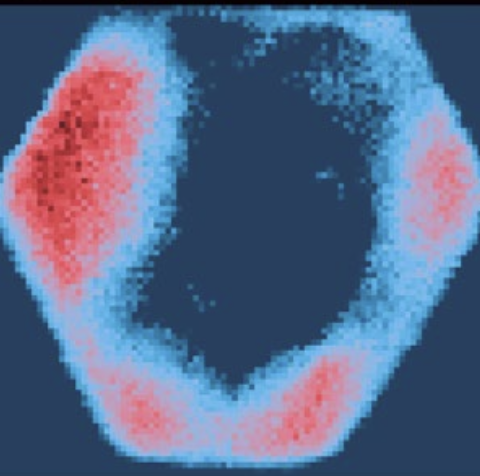Abstract
Ion exchange is a powerful method to access metastable materials with advanced functionalities for energy storage applications. However, high concentrations and unfavourably large excesses of lithium are always used for synthesizing lithium cathodes from parent sodium material, and the reaction pathways remain elusive. Here, using layered oxides as model materials, we demonstrate that vacancy level and its corresponding lithium preference are critical in determining the accessible and inaccessible ion exchange pathways. Taking advantage of the strong lithium preference at the right vacancy level, we establish predictive compositional and structural evolution at extremely dilute and low excess lithium based on the phase equilibrium between Li0.94CoO2 and Na0.48CoO2. Such phase separation behaviour is general in both surface reaction-limited and diffusion-limited exchange conditions and is accomplished with the charge redistribution on transition metals. Guided by this understanding, we demonstrate the synthesis of NayCoO2 from the parent LixCoO2 and the synthesis of Li0.94CoO2 from NayCoO2 at 1-1,000 Li/Na (molar ratio) with an electrochemical assisted ion exchange method by mitigating the kinetic barriers. Our study opens new opportunities for ion exchange in predictive synthesis and separation applications.
